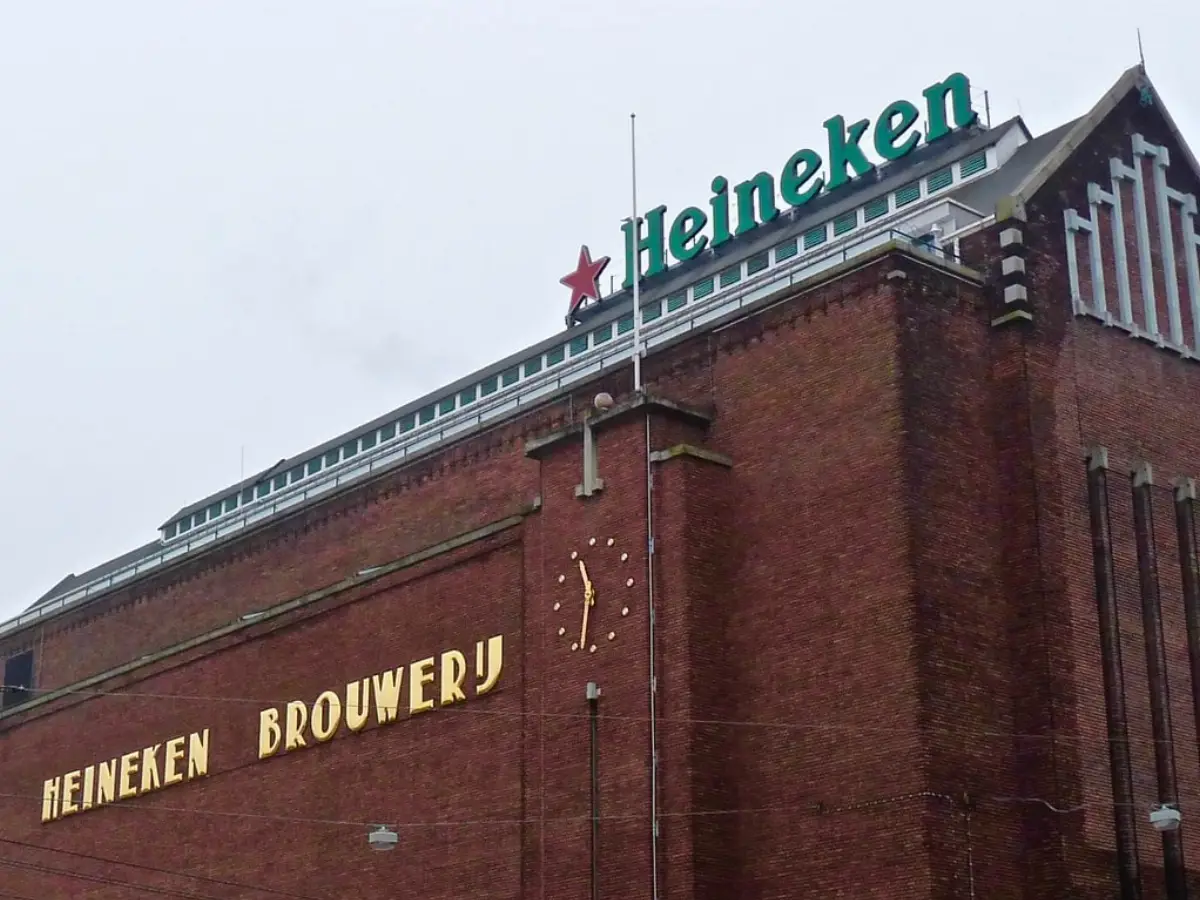
Heineken chooses Siemens for decarbonisation
The aim is to reduce energy consumption at 15 brewery and malt production sites

Heineken has chosen Siemens as a partner to develop the global zero emission production roadmap in its breweries and malthouses. The choice of such a high-level partner falls within the brewery’s ambitions to achieve zero emissions in Scopes 1 and 2 at all production sites by 2030.
The two companies will collaborate on a long-term decarbonisation program that will see Siemens implement the solutions and services of its Siemens Xcelerator portfolio to reduce energy consumption at more than 15 Heineken beer and malt production sites, distributed between Asia-Pacific, Americas and Europe. Other sites will be added in a second step.
The two giants have already collaborated on an initial project of consulting, auditing and advisory services, using a digital twin energy to simulate and analyze a typical Heineken brewery in the virtual world, identifying where significant energy savings can be achieved.
The simulation showed that about 70% of energy consumption is related to the generation of heating and cooling required for the brewing process. By optimizing and monitoring these cooling and heating systems through an end-to-end program, Siemens estimates 15-20% energy savings at each site and an average 50% CO2 reduction at each site.
To achieve targeted reductions in energy use and CO2 emissions, Siemens will implement an end-to-end program of scalable and replicable solutions and services across the brewery’s global production sites. Using operational data in combination with the digital energy twin at each site, the German company designs and implements a system to electrify heat and cooling production using heat pumps powered by renewable energy, reducing dependence on steam generated by fossil fuels.
The system will be monitored using Siemens' cooling system optimization algorithms, which uses integrated analysis to analyze plant data to reduce energy costs and ensure operational efficiency. Siemens will also provide a five-year monitoring and performance contract, linking breweries to its data-using systems to remotely monitor production sites.
"As we continue to focus on achieving our journey to net zero in Scopes 1 and 2, we know that we need to make many bold and ambitious moves to decarbonise our global operations -explains Dolf van den Brink, ceo and president of Heineken-. Meeting these challenges with partners like Siemens allows us to bring technical expertise and industry knowledge to innovate quickly and at scale. We are excited to continue this journey with partners who are committed to experimenting and localizing next generation solutions, to help us achieve our net zero goals".
"We are proud to be a partner of Heineken’s Net Zero Roadmap, an ambitious journey to reach net zero by 2040 -adds Matthias Rebellius, member of the board of Siemens AG and ceo of Smart Infrastructure-. The collaboration demonstrates a modern approach to data-driven decarbonisation. By collaborating on an end-to-end program, we can combine hardware, software, and analytics to predict and deliver the long-term results that are now crucial for every industry".
By the end of 2022, Heineken had already reduced total carbon emissions in Scopes 1 and 2 by 18% since 2018: to achieve this goal, In 2022 it increased renewable electricity consumption to 58% and is currently investing in renewable heat solutions for its breweries. In 2023 the objectives of the Zero Net Emissions Brewery and FLAG (Forest, Land and Agriculture) were approved by the Science Based Targets (SBTi) initiative.
EFA News - European Food Agency